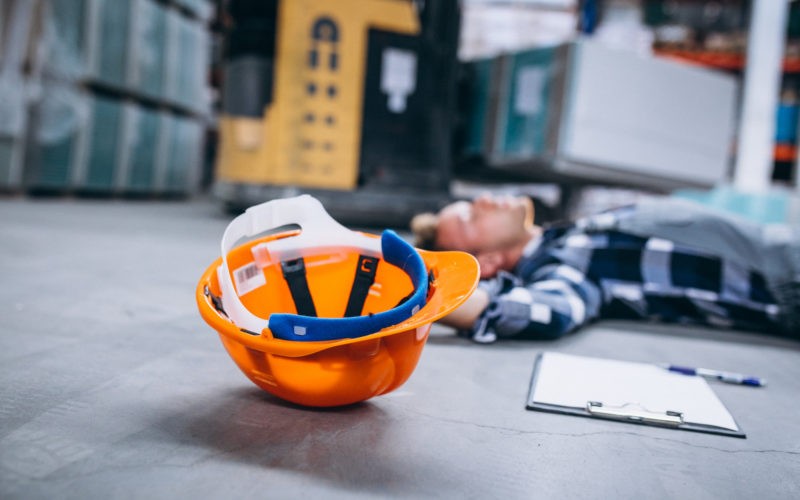Imagine this: you’re at work, laughing with your colleagues, when suddenly, a harmless joke goes awry, resulting in an injury. Now you’re left wondering, “Does workers’ compensation have my back?”
It’s a valid question, considering that in the United States alone, there were over 2.8 million nonfatal workplace injuries and illnesses reported in 2020, according to the Bureau of Labor Statistics.
This article will explore the intricacies of workers’ compensation claims and whether your claim holds up when practical jokes turn into painful accidents. This knowledge is not just helpful, it’s empowering, as it can help you take precautions during any activity you get involved in while at your workplace. Read on.
Comprehending Workers’ Compensation Basics
Workers’ compensation benefits employees who suffer work-related injuries or illnesses. The purpose of this coverage is to compensate workers for medical expenses and lost wages/income resulting from their injuries. In the United States, the legal requirement for nearly all employers is to provide workers’ compensation insurance.
The National Safety Council states that overexertion, slips, trips, and falls are some of the significant causes of workplace injuries, affecting more than 60% of all nonfatal injuries. This is a serious issue that all employees should be aware of, especially regarding workers’ compensation and workplace pranks.
Types of Workplace Injuries Covered
Workers’ compensation covers an extensive range of injuries sustained in the workplace, including those resulting from practical jokes gone wrong. These injuries can range from minor cuts and bruises to more severe injuries such as sprains, strains, fractures, and even psychological trauma.
For instance, if a practical joke causes a slip and fall that ends in a broken bone or if it leads to severe emotional distress, these injuries could be covered by workers’ compensation.
Comprehending the types of injuries covered by workers’ compensation can help employees recognize when they can file a compensation claim.
Legal Considerations for Workplace Pranks
While workers’ compensation generally covers injuries sustained in the workplace, there are specific legal considerations to bear in mind regarding injuries resulting from practical jokes. Employers are legally obliged to provide a safe working environment for their workers, which includes taking measures to prevent workplace harassment and bullying.
If a practical joke crosses the line into harassment or bullying, it may not be covered by workers’ compensation, and the employer could face legal repercussions.
A report from the Equal Employment Opportunity Commission (EEOC) indicates that the law prohibits workplace harassment based on protected features such as race, gender, or disability. Suppose a practical joke at the workplace leads to an injury and is deemed harassment or bullying. In that case, employees may have legal grounds to file an employee compensation claim and a complaint with the appropriate authorities.

Factors Affecting Workers’ Compensation Claims
Several elements can affect the outcome of a workers’ compensation claim for injuries sustained due to workplace pranks. These elements may include:
- The severity of the injury
- Whether the injury occurred during work hours
- Whether the injury resulted from employee misconduct or negligence
The Insurance Information Institute did a survey that revealed that the average cost of a workplace injury claim could range from several thousand to tens of thousands of dollars, depending on the severity of the injury and other factors. Understanding these factors can help employees navigate the workers’ compensation procedure and ensure they receive the compensation they are entitled to.
Tips for Preventing Injuries from Workplace Jokes
Prevention is always better than cure, and there are precautions that both employers and employees can observe to prevent injuries resulting from workplace jokes. Employers play a crucial role in this, as they can implement policies and procedures to promote a safe and respectful work environment, making employees feel secure and valued.












